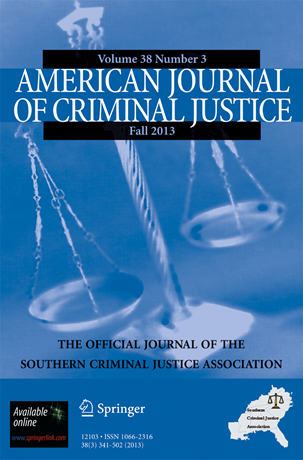College Education, Politics, and Attitudes Towards Capital Punishment
Abstract
We argue that the decrease in support for the death penalty associated with college education should differ across political groups given the salience of political identities in the United States. We expect the negative association between education and views of capital punishment is minimized for Republicans and conservatives, especially among White Americans. We use 2002–2018 General Social Survey data and present marginal effects at the mean from the logistic regression models and tests of first and second differences from race-specific interaction models. Moderation analyses demonstrate that the association between education and reduced support for capital punishment is robust among White Democrats and liberals, and relatively weak among White Republicans and especially conservatives. Among non-Whites, the association between higher education and support for capital punishment does not vary by party but it is in the opposite directions for liberals and conservatives. We discuss the implication of the results for party and orientation and for White and non-White respondents, highlighting the rigidity of capital punishment support among political conservatives even as support decreases among other groups.


 求助内容:
求助内容: 应助结果提醒方式:
应助结果提醒方式:


